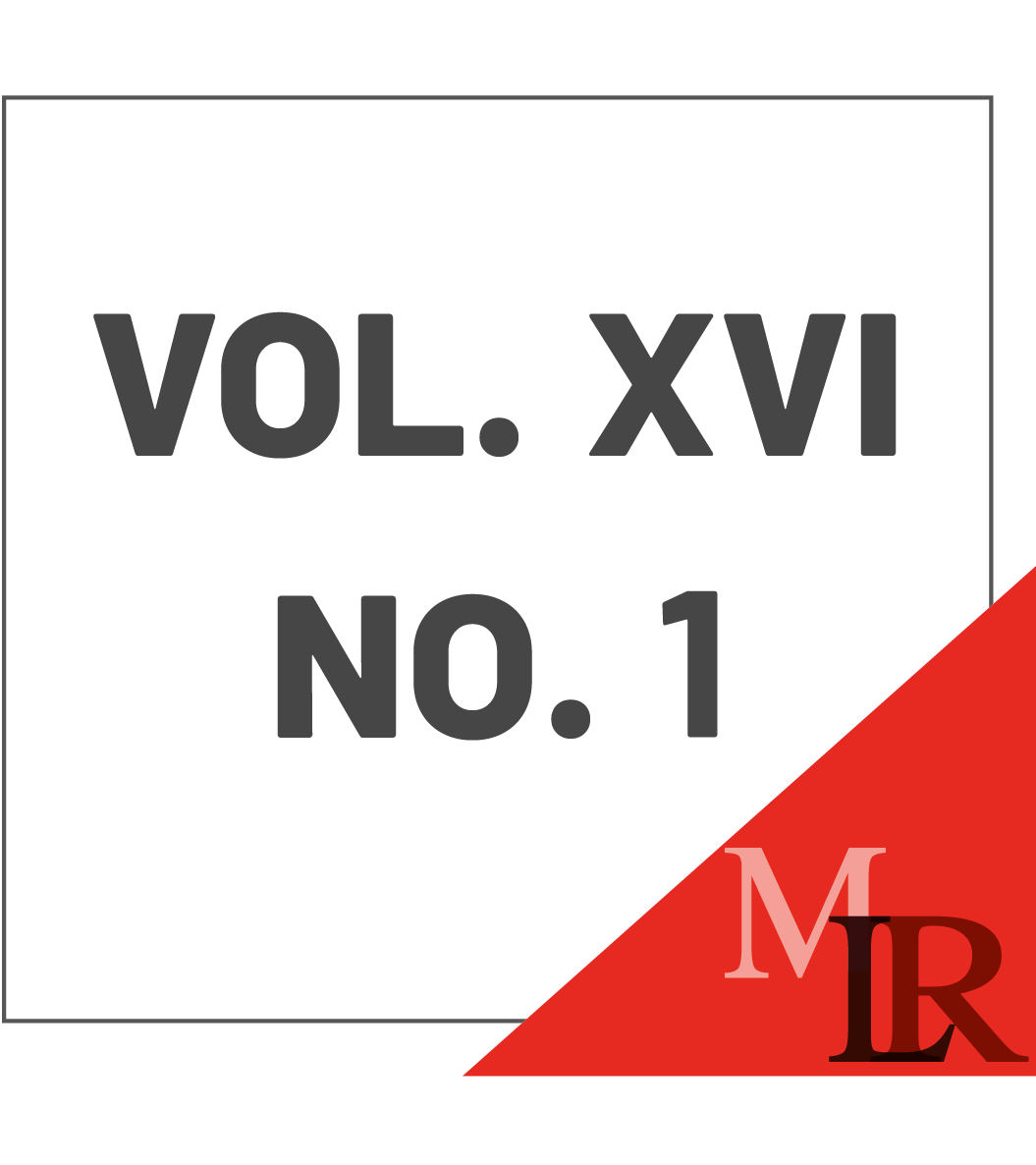Report on Abusive Judicial Review of Electoral Matters
It is commonplace to state that the borderline courts are the last obstacle in the defense of fundamental rights, the rule of law, the division of powers, and hence, of constitutional democracy. Nevertheless, there are judgments of last resort which are very illustrative examples of argumentative practices used to conceal decisions that may be systematically politicized, and therefore can be detrimental to fundamental electoral rights, to the certainty and legality of electoral acts and resolutions, as well as to the holding of free, authentic, and periodical elections. The practice of using the democratic legitimacy of the judicial function to intentionally undermine the core of democracy is barely theorized. However, it is highly possible that in the future these types of attack will be part of the authoritarian tools used by groups of an anti-democratic nature. That is to say, the circumstance that the courts and not the political actors are the ones that implement undemocratic measures with the advantage of the difficulty for its identification, given the traditional role assigned to the judiciary in the democratic constitutional state of law, makes it essential to review the use of the weighting of the argumentative representation. This, in order to prevent democracy from being damaged by constitutional interpretation and to avoid the tolerance for the absence of a minimum social consensus on the arguments that it intends to sustain with re-
lative temporary stability. Even more so, when it comes to those who make up the constitutional jurisdiction specialized in elections and democracy. In Mexico, the Superior Court of the Electoral Tribunal of the Federal Judiciary (TEPJF) is the highest electoral court. This body has issued controversial and transcendent decisions for electoral democracy which can be subject to critical legal analysis as an input for legislative activity. This is particularly related to issues concerning citizen participation such as the revocation of mandate and the imposition of sanctions due to its diffusion by public servants, as well as cases of gender-based political violence (VPG, by its acronym in Spanish) and the deprivation of an honest way of living (MHV, by its acronym in Spanish) as a sanction. Another topic worth considering is the rulings on the modification or defective abandonment of the jurisprudence in matters such as the assumption of competence over parliamentary acts in the integration of the administrative or government bodies by the Congress of the Union, and the messages of the legislators, which are not protected by the principle of parliamentary immunity, as has been established.
Article Details

This work is licensed under a Creative Commons Attribution-NonCommercial-NoDerivatives 4.0 International License.




























